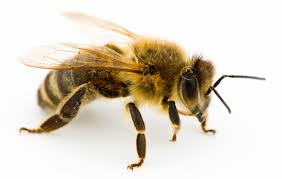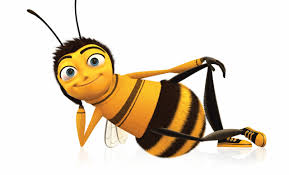
The Holy Grail for computer programming in terms of developing artificial intelligence is known as neural networking, which strives to program computers to mimic the capabilities of the human brain.
This always struck me as a lofty but probably an unrealistic goal, to say the least.
A more realistic aspiration might be to develop computer software that successfully emulates the capability of a bee’s brain, which has only a handful of neurons and a brain mass approximately the size of a pinhead. Yet bees somehow effortlessly manage to solve problems humans consider to be incredibly difficult and complex.
Are you familiar with “The Traveling Salesman Problem?”
Basically, it goes like this: cytotec without rx buy Lyrica belfast Given a list of cities and the distances between each pair of cities, what is the shortest possible route that visits each city exactly once and returns to the origin city?
Consider this story found in the UK Daily Mail: “Bees’ tiny brains able to beat computer at complex mathematical problems,” the headline reads. Brutal!
For those critical minds prone to “shoot the messenger” by challenging the source, please note that CBS News relied on different experts to reach the same conclusion — bees are a lot more intelligent than one might naturally assume, given the size of their brain.

Okay, so they’re a little smaller these days…
To be fair (to the inanimate object) the computer cannot be blamed for struggling to calculate the best way to do what a bee does every day, because humans programmed the code for the computer, and humans are, well, human.
We make mistakes. Lots of them.
The creator of bees apparently wrote much more efficient and elegant code into its DNA than humans could ever hope to have programmed into our personal computers.
Dr Nigel Raine, from Royal Holloway’s school of biological sciences, used computer-controlled artificial flowers to determine bee behavior. He said,
Foraging bees solve travelling salesman problems every day. They visit flowers at multiple locations and, because bees use lots of energy to fly, they find a route which keeps flying to a minimum. Despite their tiny brains bees are capable of extraordinary feats of behaviour. We need to understand how they can solve the travelling salesman problem without a computer.
This logistics research can potentially benefit human networks in activity such as traffic flows, internet information and business supply chains.
Though it possesses a brain that would be difficult to see with the naked eye, apparently the honeybee could teach FedEx or UPS a thing or two about efficiency.
Before we assume that the intelligence of a human being can be matched or even surpassed by artificial intelligence, researchers should focus on a more realistic goal — to only be as smart as a bee.

Speak Your Mind